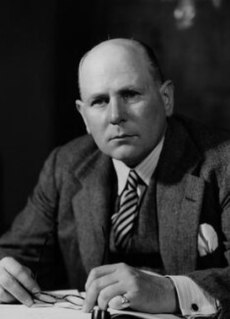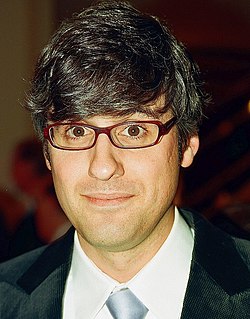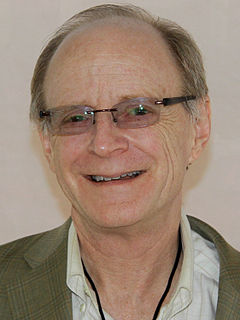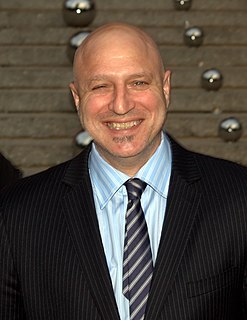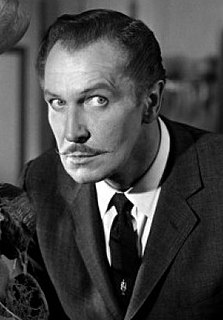A Quote by James Agate
The maddest phenomenon in this wholly mad world – that the filming or wirelessing of an event, whether it is the Grand National or an attack in force on the Maginot Line, is held to be of more importance than the event itself.
Related Quotes
This is not remarkable, for, as we know, reality is not a function of the event as event, but of the relationship of that event to past, and future, events. We seem here to have a paradox: that the reality of an event, which is not real in itself, arises from the other events which, likewise, in themselves are not real. But this only affirms what we must affirm: that direction is all. And only as we realize this do we live, for our own identity is dependent upon this principal.
Paradox is an overrated threat. There is...a quality similar to inertia at work. Once an event has occurred, there is an extremely strong tendency for that event to occur. The larger, more significant, or more energetic the event, the more it tends to remain as it originally happened, despite any interference." I frowned. "There's...a law of conservation of history?
Surely the memory of an event cannot pass for the event itself. Nor can the anticipation. There is something exceptional, unique, about the present event, which the previous, or the coming do not have. There is livingness about it, an actuality; it stands out as if illumined. There is the "stamp of reality" on the actual, which the past and future do not have.
Sometimes you read a passage by a great writer, and you know what he says and how he says it will always be, for you, the only possible way it could be. Less often a painter will describe an event in a way that fits into your interpretation of that event so perfectly that it becomes the event itself.
